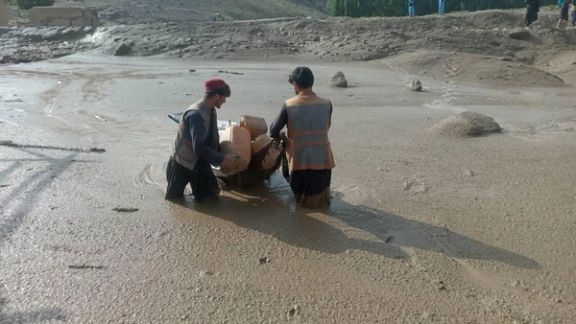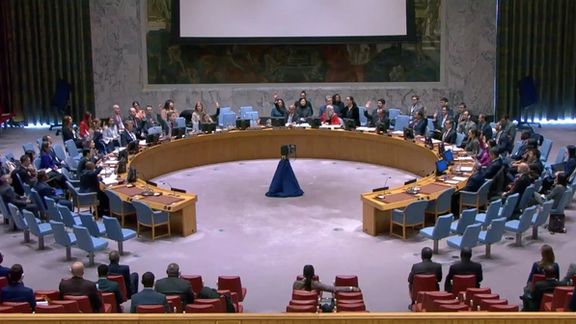Speaking in an interview with a local pro-Taliban radio station, spokesperson Zabihullah Mujahid claimed the UN operates under the influence of Western powers and no longer functions as a neutral international body.
“If the United Nations were truly independent, it would not allow someone who represents no one to occupy Afghanistan’s seat,” Mujahid said. “On whose behalf is the current representative there, and based on which principles and protocols?”
The Taliban has consistently demanded control over Afghanistan’s UN seat since seizing power in August 2021. Mujahid described the UN’s refusal to grant the seat to the group as “inappropriate and shameful”, asserting that the current mission head “speaks against Afghanistan’s security, stability and progress”.
The seat is currently held by Naseer Ahmad Faiq, a senior diplomat from the former government. Faiq represents Afghanistan at UN Security Council meetings and other sessions, and has regularly condemned the Taliban’s human rights violations, including the arbitrary detention of women and girls, killings of former security personnel, and the activities of terrorist groups operating within the country.
The UN has maintained that recognition of the Taliban-led administration is contingent on measurable changes to its policies, particularly in regard to education, women’s rights, and the treatment of ethnic and religious minorities.
Despite sustained international pressure, the Taliban has continued to enforce strict interpretations of Sharia law. In recent days, the group’s so-called morality police have reportedly detained dozens of women and girls across Kabul in a widening crackdown on female freedoms.
Compounding the diplomatic impasse, the International Criminal Court (ICC) has issued arrest warrants for senior Taliban leaders on charges related to gender-based persecution and apartheid.
The Taliban has rejected calls for reform, insisting it will not compromise on its ideological framework to gain international recognition.






